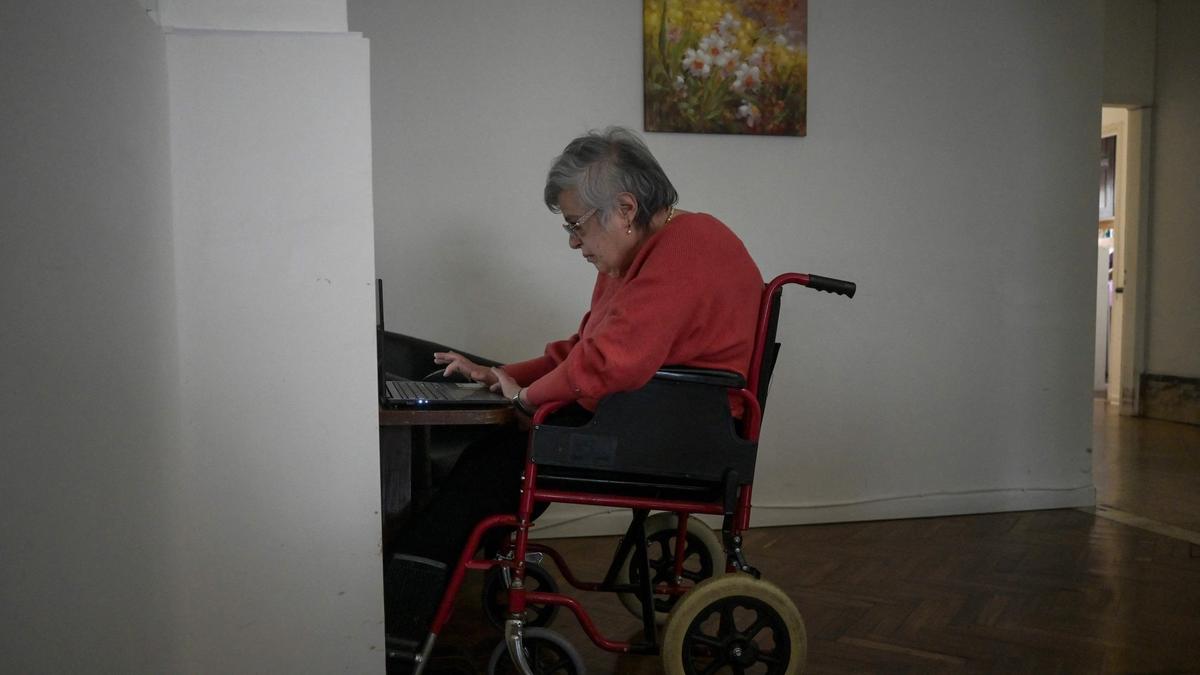Home / Health / ALS: Nerve's Silent Retreat, Muscle's Slow Fade
ALS: Nerve's Silent Retreat, Muscle's Slow Fade
26 Nov
Summary
- ALS progressively destroys motor neurons, leading to muscle weakness.
- Over 90% of ALS cases are sporadic, influenced by lifestyle and genetics.
- Indian ALS patients experience earlier onset, with men presenting later for treatment.

Amyotrophic lateral sclerosis (ALS), often called Lou Gehrig's disease, is a progressive neurological condition that affects the nerve cells controlling muscle movement. As motor neurons degenerate and die, the brain's signals cannot reach muscles, causing them to weaken and atrophy. This leads to a gradual loss of voluntary control over essential functions like walking, breathing, and chewing.
The majority of ALS cases, over 90%, are sporadic, meaning they lack a familial history and are thought to be linked to lifestyle, occupational, and environmental factors, with genetics potentially playing a role. While the disorder typically emerges between ages 55 and 75, with men more susceptible, a study in India indicated an earlier onset among its population. This study also highlighted that men, despite earlier onset, presented later for treatment compared to women.
Currently, there is no cure for ALS, but various treatments and therapies aim to manage symptoms and enhance the quality of life for patients. Research is actively pursuing the identification of biomarkers and triggers for motor neuron degeneration, with findings suggesting the involvement of glial support cells and inflammation. Projections indicate a significant global increase in ALS cases by 2040, particularly in Africa, Asia, and South America.


